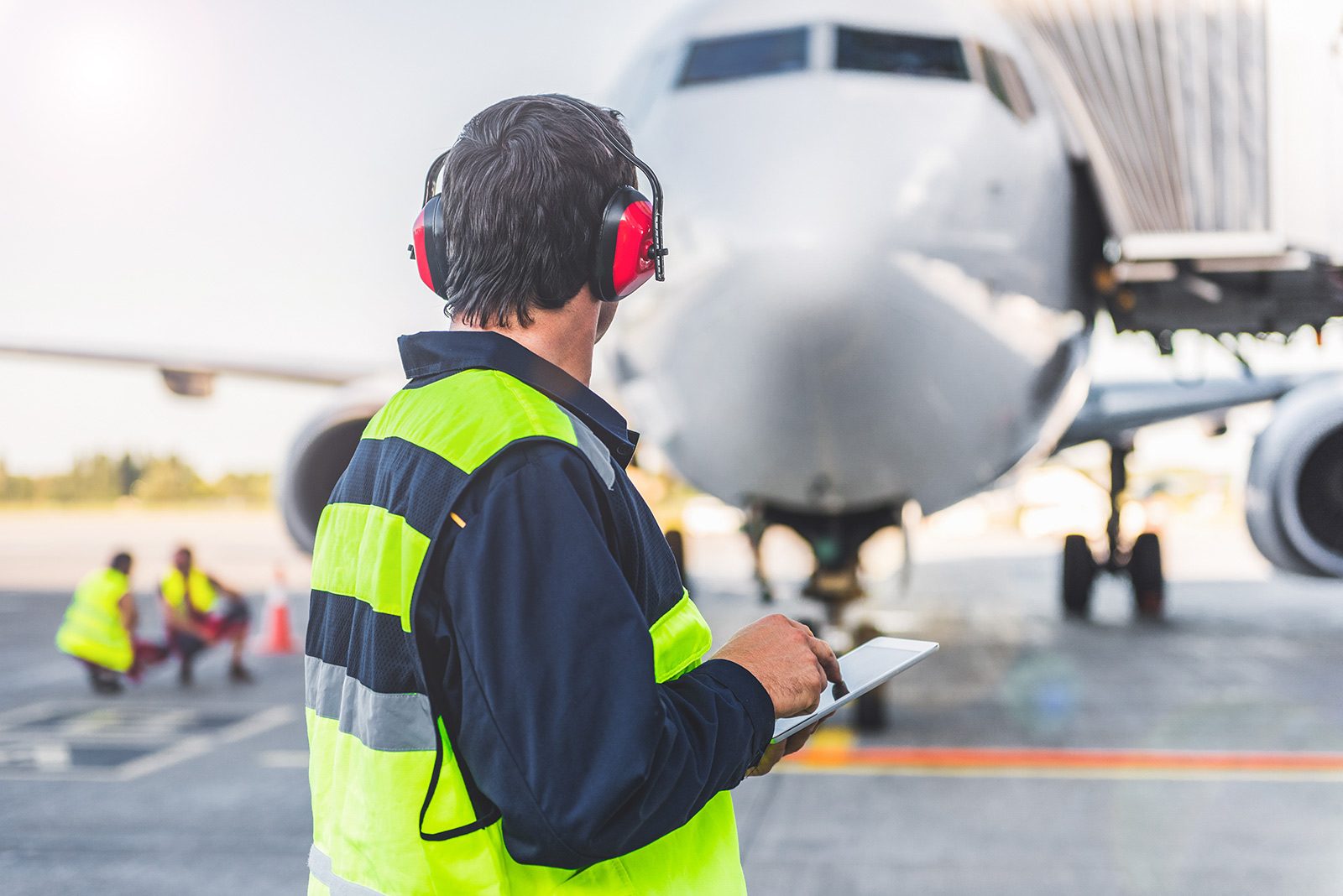
The aviation industry operates within a complex web of regulations and compliance requirements. From safety standards and security protocols to environmental regulations and data privacy laws, adherence to regulatory frameworks is of paramount importance. Navigating compliance challenges effectively is essential for aviation businesses to maintain operational excellence, ensure passenger safety, and protect their reputation. In this article, we will explore the significance of compliance in the aviation industry and discuss strategies for navigating these challenges to ensure regulatory adherence.
1. Understanding the Regulatory Landscape:
The aviation industry is subject to a multitude of regulations imposed by national and international bodies such as the International Civil Aviation Organization (ICAO) and local aviation authorities. Aviation businesses must have a comprehensive understanding of the applicable regulations and stay updated on any changes or amendments. This knowledge serves as the foundation for developing robust compliance frameworks.
2. Developing a Compliance Culture:
Building a strong compliance culture within the organization is crucial. This involves fostering a shared commitment to compliance from top management down to all employees. Establishing clear policies, conducting regular training programs, and promoting open communication channels regarding compliance matters are essential steps. By instilling a compliance-focused mindset, organizations can ensure that regulatory requirements are embedded in everyday operations.
3. Implementing Compliance Management Systems:
To effectively manage compliance challenges, aviation businesses can leverage compliance management systems. These systems provide a centralized platform for documenting policies, procedures, and regulatory requirements. They streamline compliance processes, track adherence, and generate reports to demonstrate compliance efforts. With automated alerts and reminders, organizations can stay proactive in addressing compliance requirements and minimizing the risk of non-compliance.
4. Conducting Regular Audits and Assessments:
Regular audits and assessments are critical for identifying areas of non-compliance and implementing corrective actions promptly. Conducting internal audits and engaging external experts can provide valuable insights into compliance gaps and potential risks. These assessments enable aviation businesses to proactively address compliance issues, strengthen controls, and continuously improve their compliance posture.
5. Collaborating with Industry Partners:
Collaboration with industry partners, regulatory bodies, and industry associations plays a vital role in navigating compliance challenges. Participating in industry forums and engaging in open dialogues help aviation businesses stay informed about regulatory updates, best practices, and industry standards. Collaborative efforts foster a culture of compliance and enable collective problem-solving to address shared compliance challenges.
6. Embracing Technology for Compliance:
Technology can be a valuable ally in managing compliance challenges in the aviation industry. Compliance management software, data analytics tools, and automation systems can streamline compliance processes, improve data accuracy, and enhance monitoring capabilities. For example, advanced analytics can help identify patterns and trends in compliance data, enabling proactive risk management and compliance decision-making.
Compliance challenges are an integral part of the aviation industry, requiring continuous attention and proactive management. By understanding the regulatory landscape, developing a compliance culture, implementing compliance management systems, conducting regular audits, collaborating with industry partners, and embracing technology, aviation businesses can navigate these challenges effectively. Prioritizing regulatory adherence not only ensures compliance with legal requirements but also promotes operational excellence, enhances passenger safety, and protects the reputation of aviation businesses. By adopting a proactive approach to compliance, aviation organizations can demonstrate their commitment to regulatory standards, build trust, and secure a sustainable future in the dynamic aviation industry.
Related Posts
Top Tree Removal Services in Gresham: What You Should Expect
When it comes to maintaining your property, tree removal is one of the most impo...
Read More
The History and Significance of Church Pews
Church pews, the long benches that fill the nave of many Christian churches, are...
Read More
Partnerships and Alliances: Strengthening the Aviation Industry through Collaborative Solutions
In the fast-paced and interconnected world of aviation, partnerships and allianc...
Read More
Industry Trends and Insights: Staying Ahead of the Curve in the Evolving Aviation Landscape
The aviation industry is in a constant state of evolution, influenced by technol...
Read More




